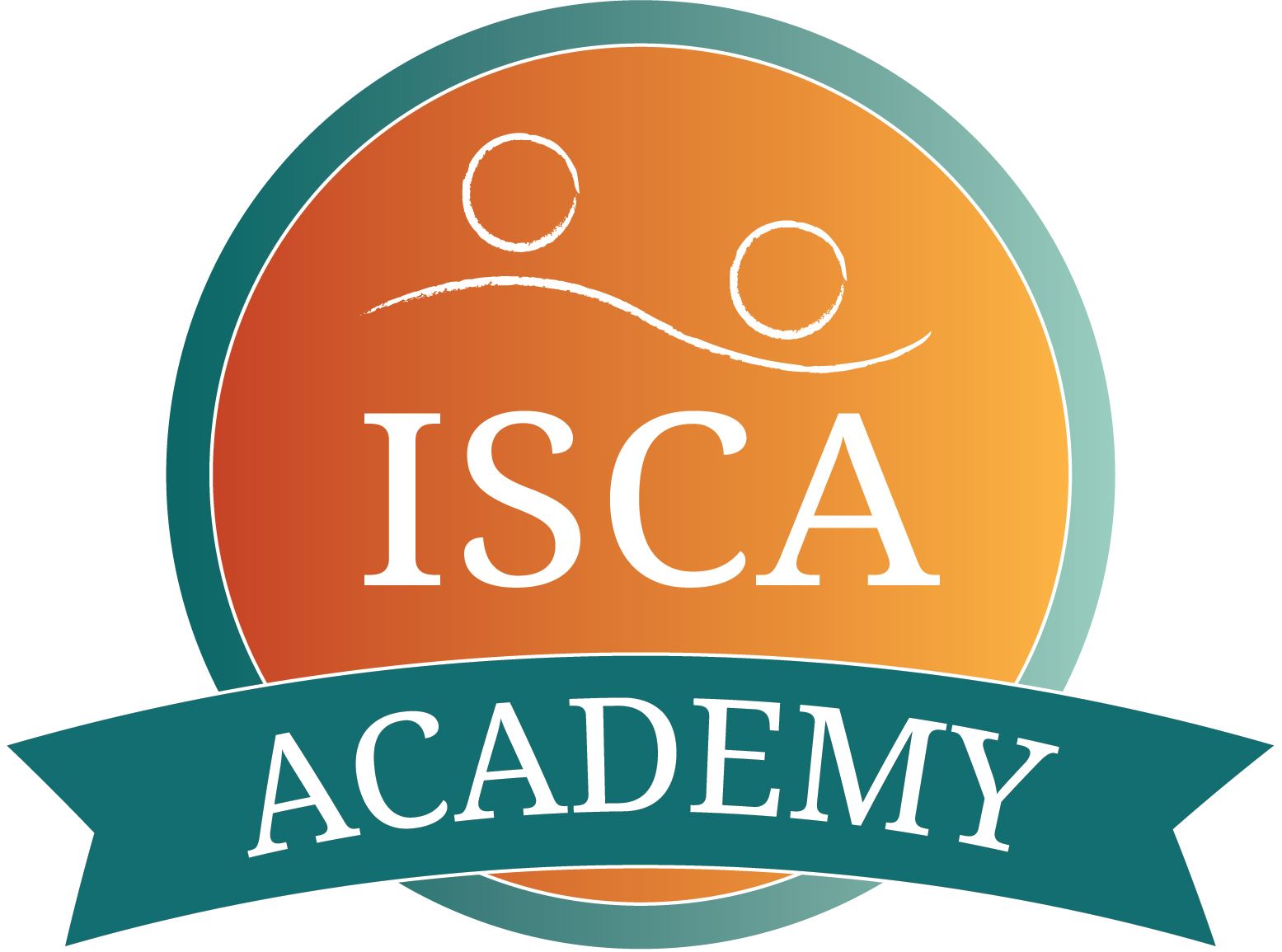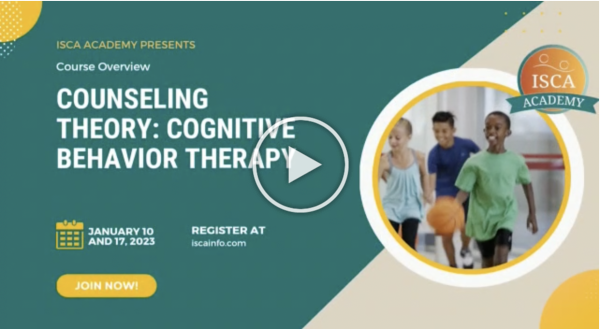- Home
- Counseling Theory: Cognitive Behavior Therapy
Course Title | Counseling Theory: Cognitive Behavior Therapy – Foundations |
Course Number | ISCA 801 |
Course Overview | The aim of this course is to learn age-appropriate practical skills using CBT with youth in a school setting – specifically related to the interchange of emotions, behaviors, and cognitions. This experiential course is designed to provide a foundational understanding of CBT and how to implement the skills in an educational setting. Counselors will leave with new skills to target emotion regulation, behavioral management, and cognitive flexibility that can be used immediately in their school counseling program. |
Social Emotional Domain Standard A: Students will demonstrate the dispositions, knowledge, and skills to develop and maintain positive relationships with self and others Standard B: Students will make decisions, solve problems, set goals, and take necessary action to achieve personal goals |
B-PF 1. Apply developmental, learning, counseling and education theories: c. Use established and emerging evidence-based counseling theories and techniques that are effective in a school setting to promote academic, career and social/emotional development, including but not limited to rational emotive behavior therapy, reality therapy, cognitive-behavioral therapy, Adlerian, solution-focused brief counseling, person-centered counseling and family systems d. Use counseling theories and techniques in individual, small-group, classroom and large-group settings to promote academic, career and social/emotional development (ASCA Professional Standards & Competencies 2019) |
Intended Audience | This course is suitable for counselors new to international school counseling as well as for those who have years of experience and want to learn more about CBT. *To note for counselors in junior school settings. CBT is helpful for all ages, but it’s especially effective for kids 10 and up. |
Essential Questions | How might I apply Cognitive Behavioral Therapy to my current school setting/caseload? What does a typical cognitive intervention look like? What students would benefit from these skills and how would I implement them via individual, group, or classroom? |
Knowledge | Skills |
Participants will have knowledge about: | Participants will be able to: |
|
|
About the Facilitator |
|
Dates and times of offerings | November 11 & 18, 2023 - 10:00 AM to 1:00 PM GMT |
Contact hours | 6-hour course |
Time commitment between sessions | It is highly recommended that you practice the skills you will be utilizing, so a logical time commitment is 1-2 hours between sessions. |
Required Resource(s) | There will be recommended readings via Canvas. |
References | American School Counselor Association (2016). ASCA Ethical Standards for School Counselors. Alexandria, VA: Author. |




